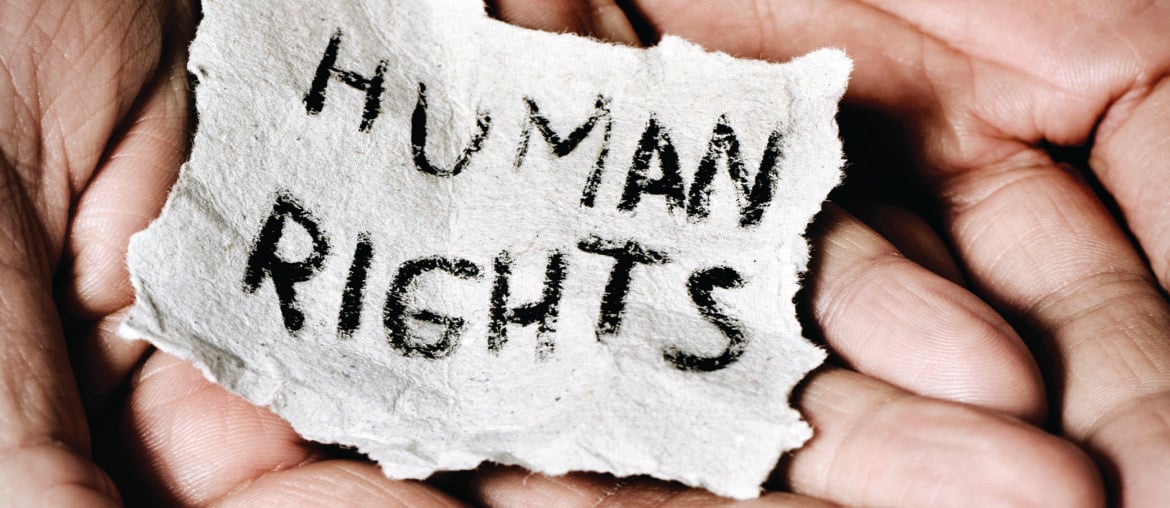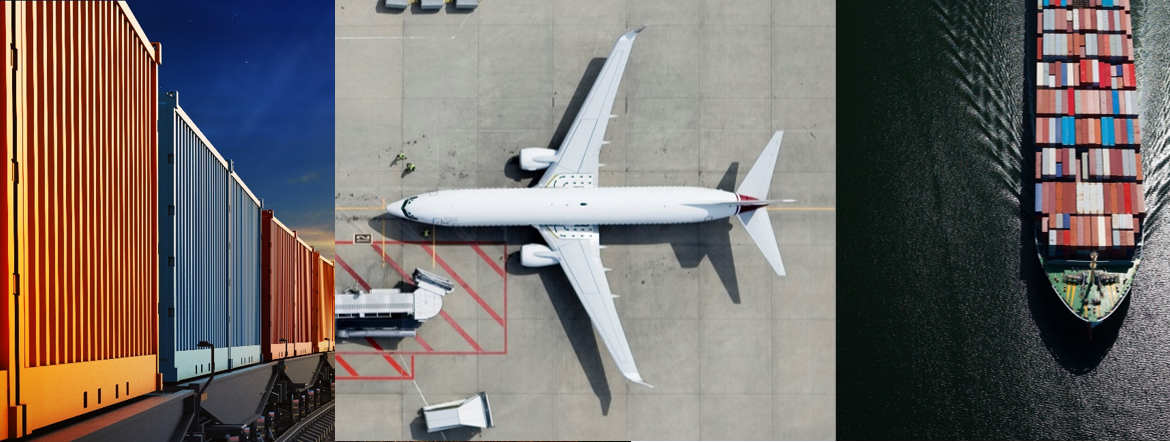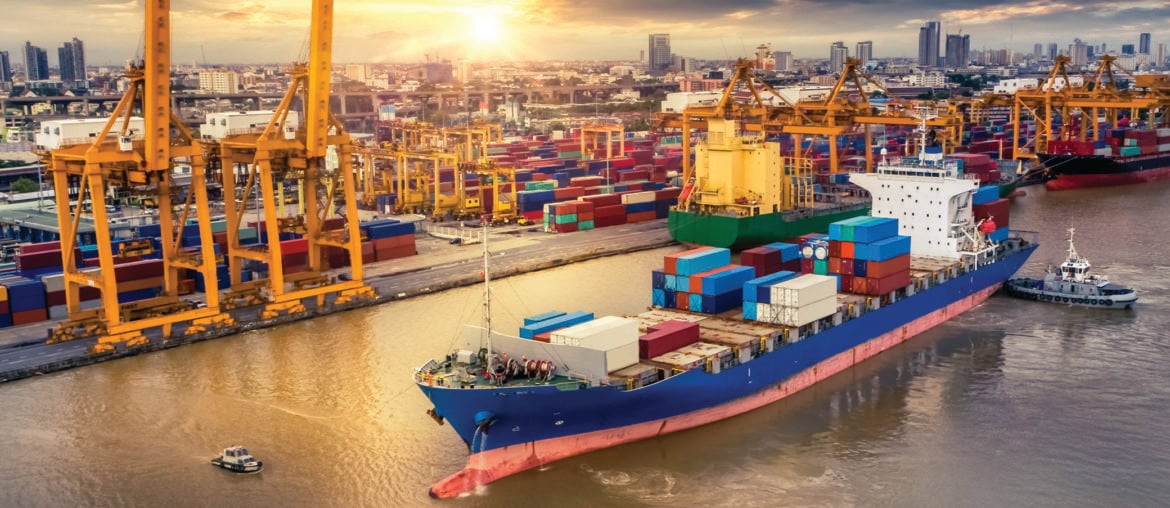As companies increase their environmental, social and governance (ESG) reporting and statements in response to market and shareholder demands, plaintiffs have pursued with growing success legal challenges to company claims and disclosures related to ESG performance. Similarly, inventive theories are being put forward to directly attack companies for alleged ESG-related performance and operational deficiencies. In both arenas, there has been a recent growth in efforts to hold companies accountable for supplier misconduct. The expanding growing misstatement and performance litigation…
Many companies conduct audits of suppliers for compliance with applicable laws, including laws regulating forced labor, trafficking, underage labor, worker safety, and related human rights matters. But what are the key legal considerations in conducting supplier compliance audits, and what is the best practice for doing so?
Overview On July 20, 2020, Republican Senator Josh Hawley of Missouri introduced the Slave-Free Business Certification Act (“the Act”). If passed, the Act would require every “covered business entity” — defined as any issuer under section 2(a) of the Securities Act of 1933 that has annual, world-wide gross receipts of $500 million — to audit and report on instances of forced labor in their supply chains. Companies that deliberately violate the Act could be liable…
Overview The Alien Tort Statute (“ATS”) has been the subject of several US Supreme Court decisions over the past decade. To summarize its long and complicated past, the ATS is a statute that gives US federal courts jurisdiction to hear lawsuits filed by non-US citizens for torts committed in violation of international law. In recent years, plaintiffs have tried to use the ATS as a vehicle to hold multinational corporations liable for human rights violations…
Corruption and sourcing-related human rights risks are top of mind for many companies, and for good reasons. Both risk categories potentially carry substantial legal and PR risks and can be outside of a company’s direct control to the extent they are implicated by the conduct of third parties. However, corruption and responsible sourcing risks are often managed by different corporate functions. Corruption risks traditionally fall under the ambit of the legal/compliance department, whereas responsible sourcing…
Child labor and other human rights violations occur around the world, and completely eliminating them from corporate supply chains is a daunting task. However, companies can take several steps to mitigate the risk of violations in their supply chains while demonstrating a firm commitment to responsible sourcing. A recent British documentary highlights both the importance of these steps as well as the limits of even the most aggressive measures. Britain’s Channel 4 Dispatches recently aired…
Baker McKenzie thanks each of you who attended our virtual annual conference Supply Chain Risks & Rewards in Emerging Markets, which we offered via a series of four webinars. The webinar links are now included below. In addition to providing the latest updates on regional and industry-specific supply chain compliance legal developments and impacts of the novel coronavirus, this webinar series focused on cutting-edge issues in supply chain risk management— including trade considerations and the impact of…
Baker McKenzie is pleased to invite you to our virtual annual conference Supply Chain Risks & Rewards in Emerging Markets, which will now be offered via a series of four webinars. In addition to providing the latest updates on regional and industry-specific supply chain compliance legal developments and impacts of the novel coronavirus, this webinar series will focus on cutting-edge issues in supply chain risk management— including trade considerations and the impact of the growing environmental, social and…
On March 9, New York Governor Andrew Cuomo announced that in response to the hand sanitizer shortages caused by the spread of the novel coronavirus, New York State will purchase hand sanitizer from a company that employs prison labor. According to Cuomo, the goal is to make 100,000 gallons of hand sanitizer a week. This hand sanitizer will reportedly be provided to state schools and prisons. The announcement has been met with criticism from politicians…
The novel coronavirus outbreak continues to have a substantial impact across the globe. As of the writing of this post, more than 87,000 cases of the coronavirus disease (COVID-19) have been identified in 60 countries and territories around the world, claiming the lives of 2,977 people. Travel restrictions are becoming increasingly tighter at airports, with countries either imposing mandatory health screenings on travellers arriving from certain countries, or denying entry to passengers who have recently…




